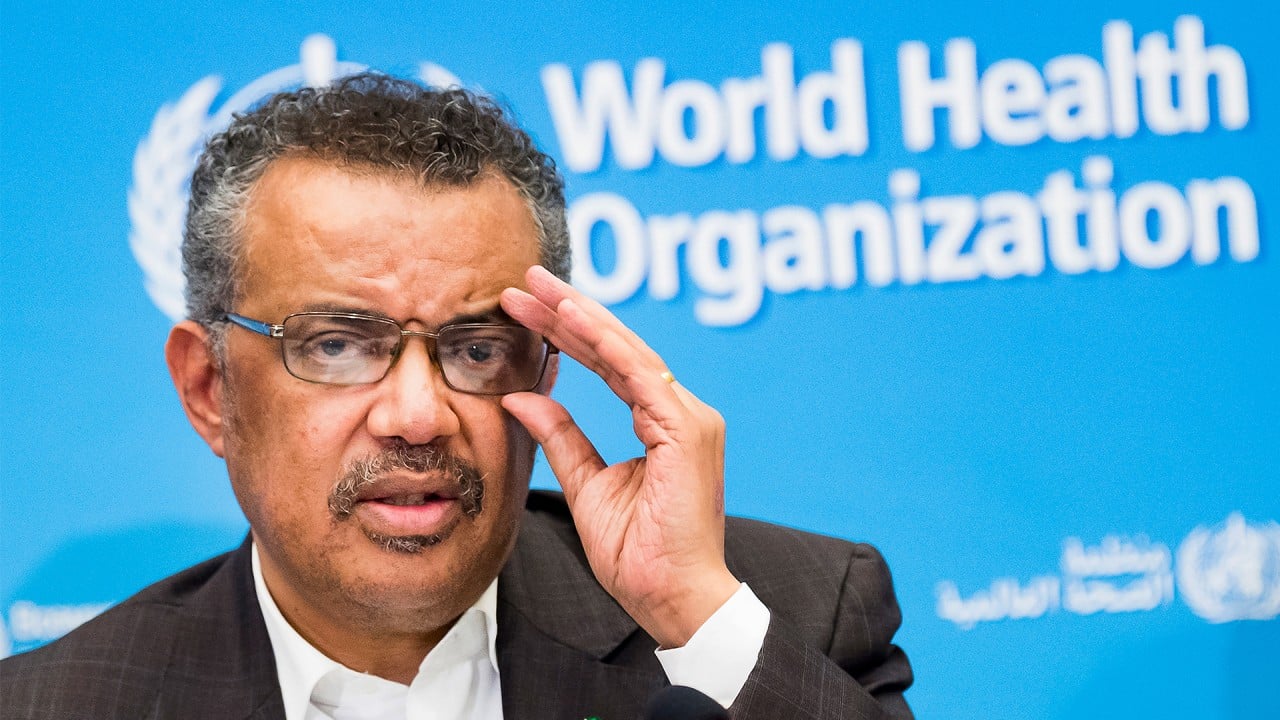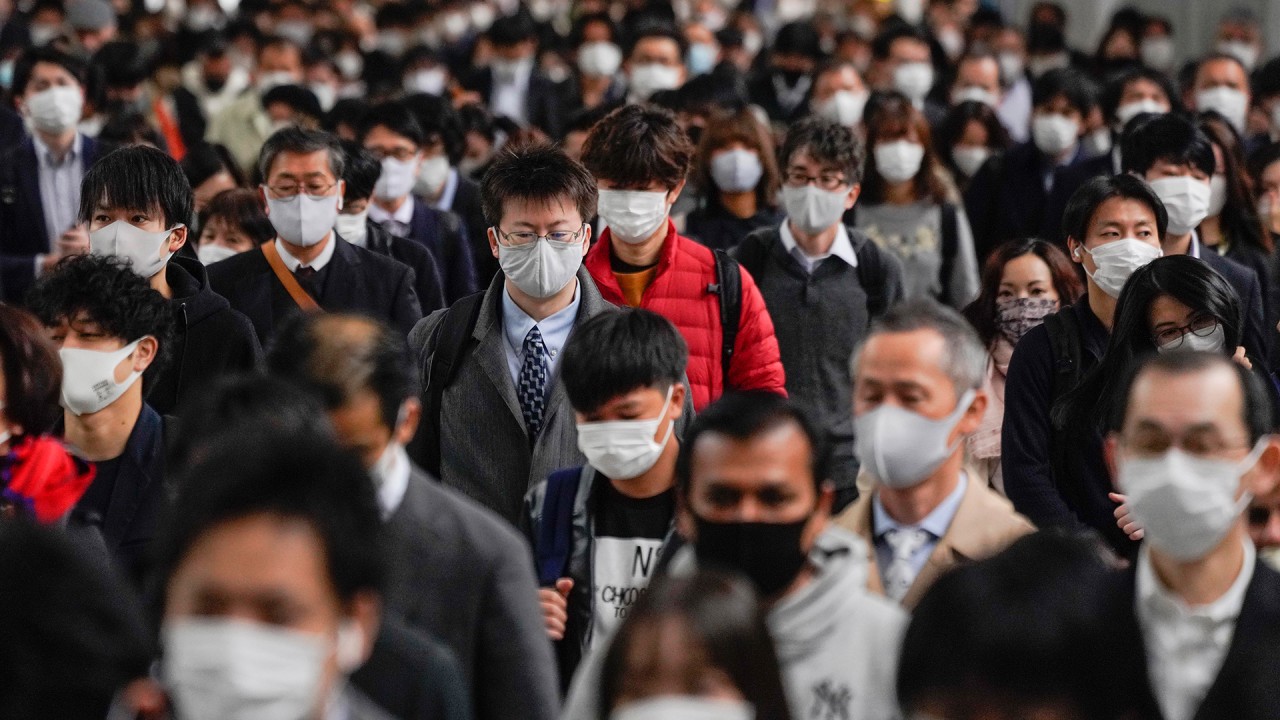
Better domestic surveillance, not closing borders, is key to containing coronavirus spread
- Closing borders will not stop new or future variants from finding their way in but it will stall fragile recoveries and add to economic and social distress
- Instead, governments should ramp up domestic protocols ahead of the roll-out of mass vaccination campaigns
Since Covid-19 was first detected in human beings more than a year ago, it has undergone thousands of mutations. We have largely ignored these because they did not appear to alter transmissibility or virulence.
There is also concern that Covid-19 vaccines could be less efficacious in preventing severe symptoms from the South African strain. All these concerns are real, but it is too early to tell.

02:19
WHO says widespread travel bans not needed to beat coronavirus
Given the costs, can such measures prevent or limit entry of the new strains? The evidence suggests it cannot stop entry and there are better ways to limit its spread.
The main reason it cannot prevent entry has to do with the nature of the identification process. It is difficult to determine from the genetic sequencing alone if the variant is likely to be more transmissible or virulent, and so it needs to show up in cases before this can be determined.
These differences in genomic surveillance capacity further highlight the futility of trying to keep the new strains out through selective travel bans.

04:14
Covid-19: coronavirus variants seen in Britain, South Africa spread worldwide
If border closures cannot stop the new strains, what should the authorities do? It would be better to concentrate on efficiently implementing existing protocols rather than creating new ones. Applying existing testing, quarantine and tracing measures effectively would provide the best way to limit the importation or spread of the original, new or future strains.
However, other domestic protocols, including rapid testing and efficient tracing, kicked in to prevent a community outbreak. New Zealand also has tight border restrictions, reminding us that short of total isolation, importation of the virus is almost inevitable. Therefore, the key lesson from the New Zealand experience is that the only workable option is to keep improving implementation of domestic protocols.

01:53
New Zealand orders Auckland back in lockdown after first local Covid-19 cases in 102 days
While it is, and has always been, too late to close borders, why do governments insist on doing so? It might be that they want to appear to be responding directly and decisively to the new threat. Acting as if the threat can be repelled at the border itself could be electorally appealing, if somewhat misplaced.
In sum, just as it was with the original strain, closing borders will not stop the new or future variants from finding their way in. What they can do is stall fragile recoveries and add to economic and social distress without any compensating benefit. What we can do is limit the spread of the new variants through better domestic surveillance while we wait for the roll-out of mass vaccination campaigns.
The race is no longer between vaccine roll-out and viral spread, but rather against the emergence of a more resistant strain. Improved domestic surveillance rather than border closures is needed to buy time for the vaccine roll-out, delayed by bureaucracy and nationalism, to finally defeat a rapidly mutating virus.
Jayant Menon is a visiting senior fellow at ISEAS-Yusof Ishak Institute, Singapore, and former lead economist at the Asian Development Bank

